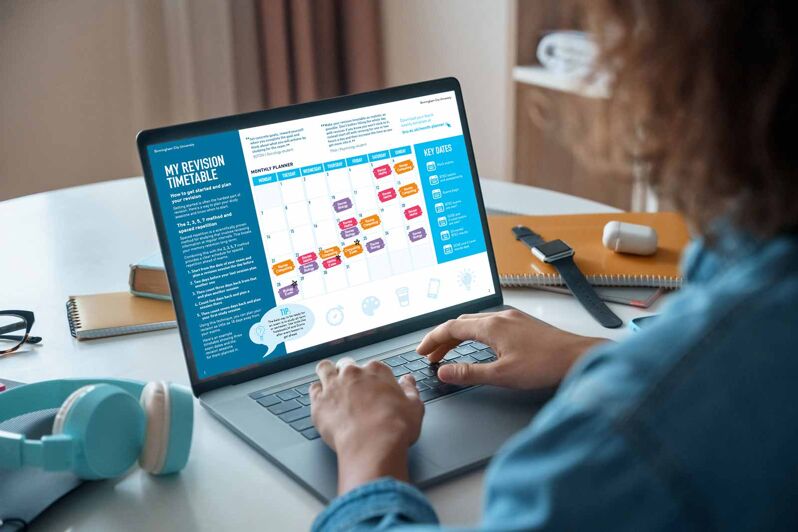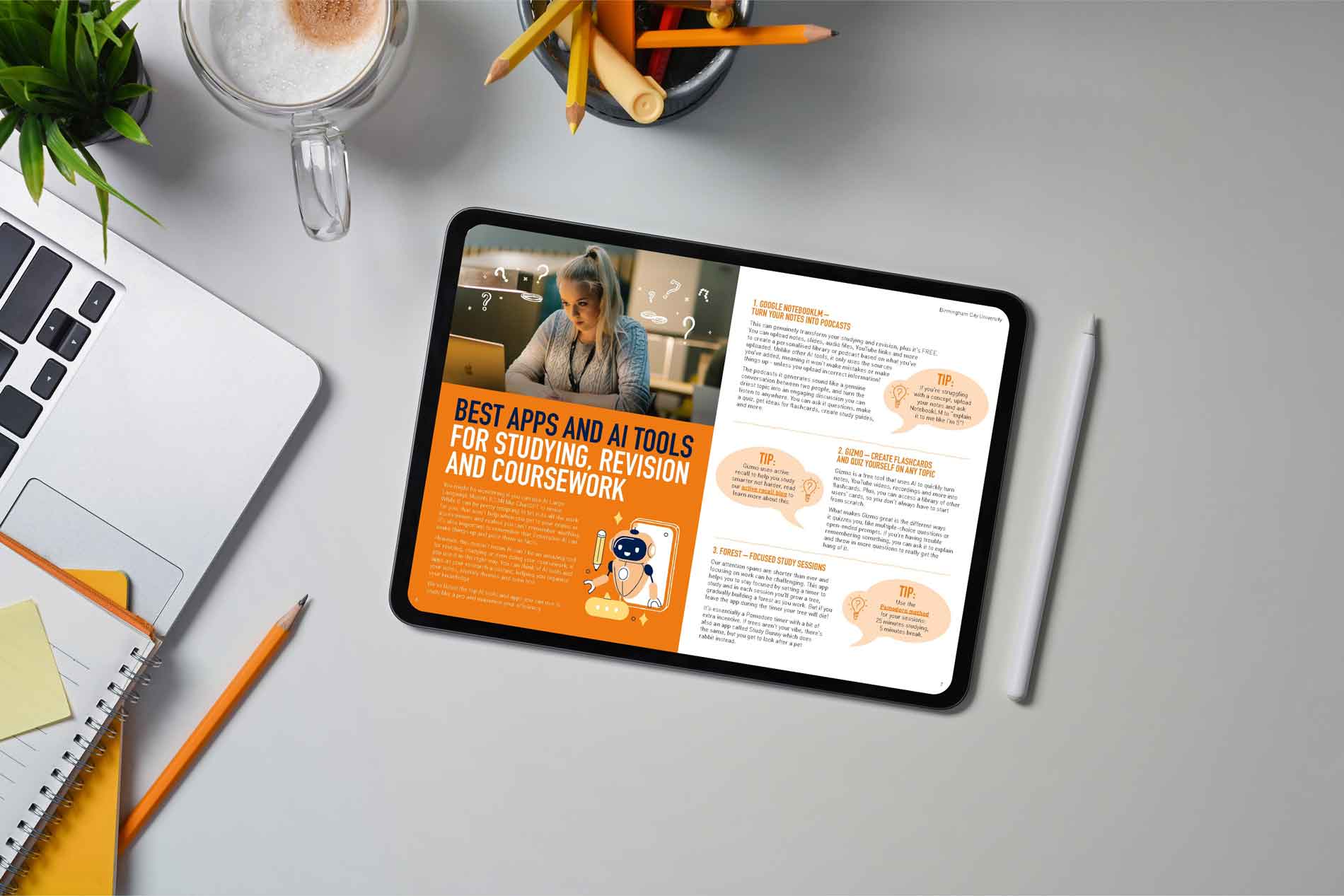
Advice

You’ve studied, you’ve revised, but now you’re wondering how on earth you’re meant to go about answering the questions in front of you. We realise that getting all of that knowledge out of your head and down onto paper is more than tricky. So here are some key dos and don'ts to remember when it comes to the exam.
Struggling with revision?
Get your FREE guide packed with expert study tips, a step-by-step timetable planner, essential AI learning tools, and more to smash your exams.
What to do for your exam
Prepare in advance
Going in prepared will mean you’re less stressed and more focused.
Get to know your exam. How many questions are there? How many marks are at stake? How long should your answers be? Ask your teachers, practise with past papers and find out how long you should spend on each section.
Use the question
Make sure you understand the question. Identify keywords and what it’s asking you to do – Discuss? Evaluate? Compare? Outline?
Stick to the topic and answer the question that’s been set. If you’re asked specifically about one thing don’t go off naming everything else related to that just because you’ve revised it all. Always try to relate everything back to the question you need to answer. If you're taking a BTEC exam, examiners will be looking for specific command words in your answers; you can find these in the specification.
P.E.E.
Always remember to P.E.E: Point. Evidence. Explain. A simple structure that’s easy to remember and carry out. Make your point, back it up with some evidence and explain it. Structure can make or break a good exam answer so make sure you plan before you start writing.
What not to do in an exam
Panic
Exams may feel short but they're actually structured to give you enough time to plan your answers, so don't rush and jump straight into the first question without a plan. Flick through the paper, read all the questions and spend a few minutes planning your answers. A good rule is to spend 1 minute per mark, so if the question is 5 marks then only spend 5 minutes on it.
Go on and on...
It’s important to be clear and concise. Write down bullet points about the topic and then select the relevant bits to include in your answer.
Worry about it afterwards
Once your exam is over try not to go over it with your friends. Everyone will be feeling differently about it and this can lead to anxiety. Take a deep breath and let it go.






